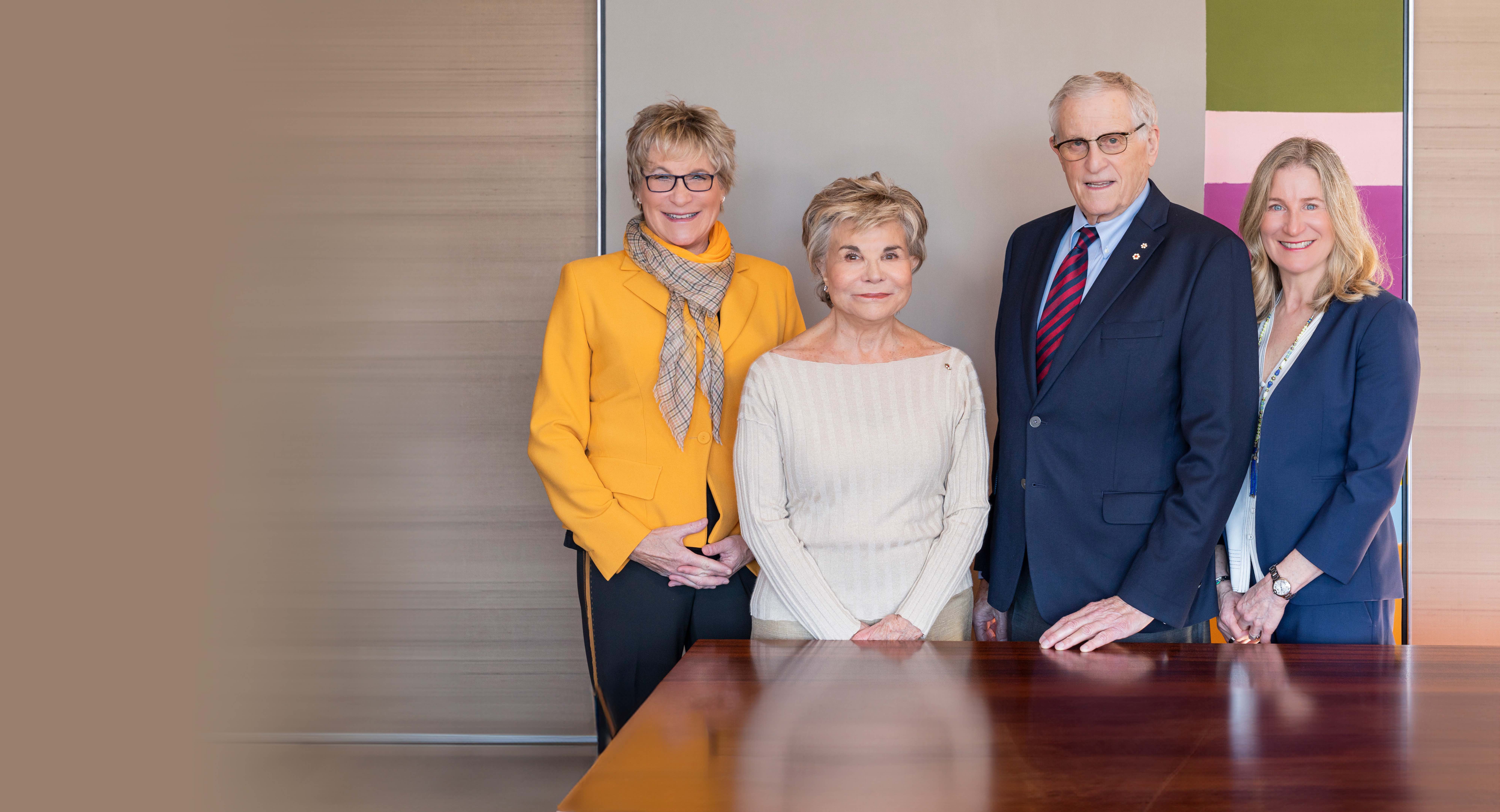For several years, Sara knew something was wrong.
She enjoyed a successful career and a busy lifestyle. But she wasn’t sleeping well, and often awoke feeling dull, listless and tired. She struggled with lethargy and increasing chronic pain due to arthritis.
After a visit to UBC Hospital’s Sleep Disorders Program, the Toronto native learned that that she had severe sleep apnea, a disorder in which a person repeatedly stops breathing during sleep for an average of 10 to 30 seconds, sometimes hundreds of times per night. Sleep apnea occurs when the upper airway becomes partially or completely blocked by soft tissue.
Surprisingly, Sara’s condition is quite common among Canadians.“Lack of sleep can have minor side-effects like increased irritability, decreased ability to focus and may leave you prone to sickness,” notes Dr. John Fleetham, Medical Director for the Sleep Disorders Program and Professor at UBC’s Department of Medicine. “Left untreated, sleep apnea can give rise to diabetes, high blood pressure, and heart disease.”
Staff at the Sleep Disorders Program recommended Sara use a Continuous Positive Airway Pressure (CPAP) machine, which provides steady air pressure through a mask or nose piece, as part of her nightly routine. Using the CPAP for the first time was literally the difference between night and day for Sara. The quality of sleep that she experienced made her feel years younger and it was the first time in years that she received eight hours of quality, uninterrupted sleep.
Sara credits her experience at the Sleep Disorders Program for regaining her ability to sleep well and the opportunity to enjoy her life more fully again. And Sara no longer feels chronically tired and her arthritic pain has lessened.
“In my spare time, I play with my dog out at Jericho or Spanish Banks and I love volunteering in the community and gardening,” she says. “Life is so much different.”
Donate now to support UBC Hospital’s Sleep Disorders Program. Your contribution will help us upgrade the program, improving access to treatment for patients like Sara.

